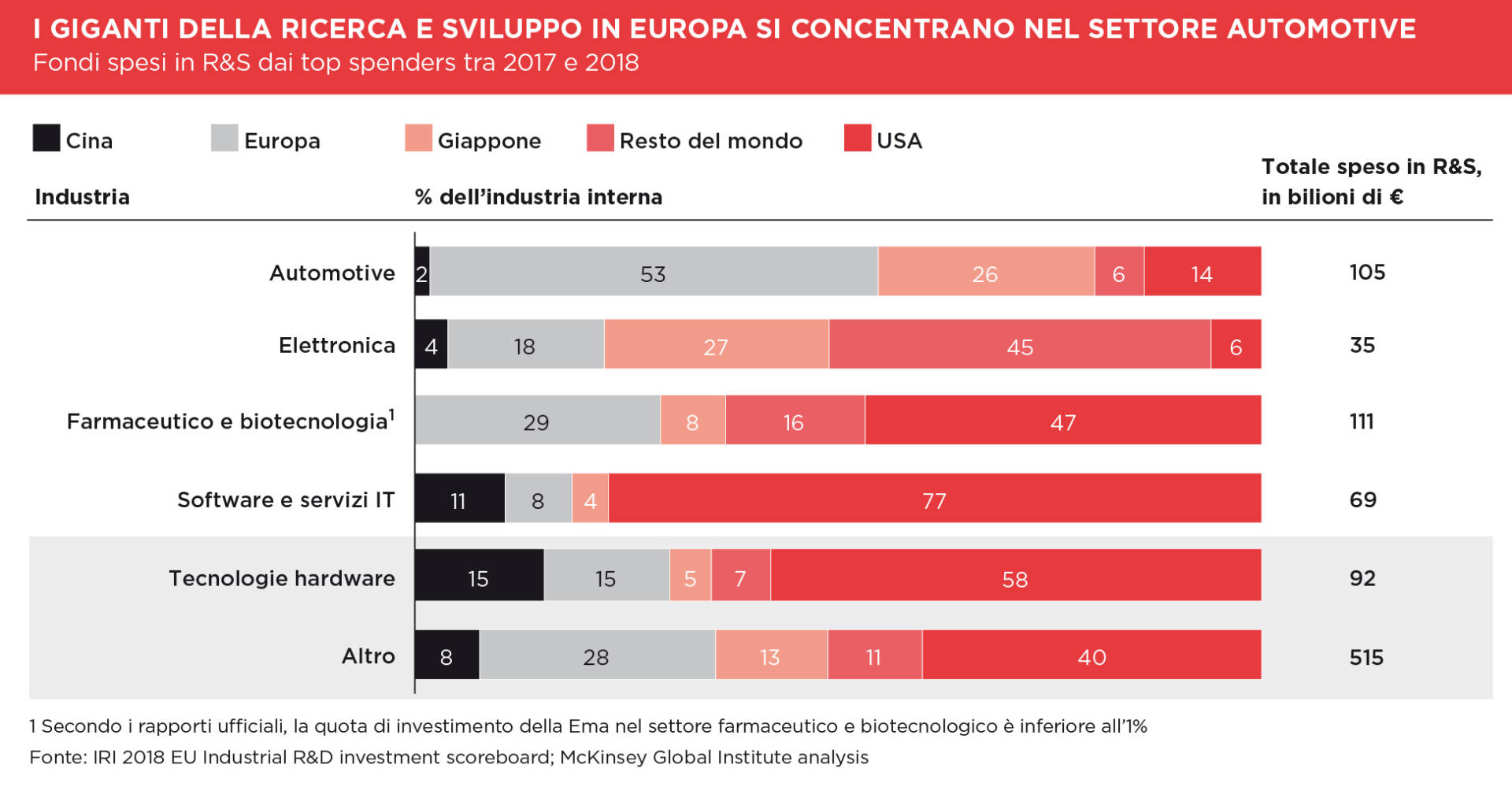Artificial Intelligence for Economic Growth in Italy
In an ever-changing world, AI has the potential to transform the entire economic landscape. A revealing study, conducted by The European House – Ambrosetti and Microsoft Italia, highlights the enormous impact that generative AI could have on Italian productivity. The research, entitled "AI 4 Italy", highlights that AI could generate up to 312 billion euros in added value, increasing Italian GDP by 18%. This potential could open new horizons for economic growth, employment and innovation in the country.
The Need to Adopt AI in the Face of Demographic Aging
The report highlights how AI is key to addressing Italy's future demographic problems. With an aging population, the country is at risk of losing around 3.7 million employed people by 2040. This demographic decrease, with current productivity levels, could reduce economic added value by around 267.8 billion euros. However, AI technologies can compensate for this deficit and keep economic well-being levels stable.
 Adoption of AI in Italian Companies: The Current State
Adoption of AI in Italian Companies: The Current State
Italian companies are already recognizing the value of Artificial Intelligence. A survey included in the report shows that 78% of the Italian companies interviewed have already implemented or are considering adopting generative AI-based applications. Even though most of these companies are medium to large in size, the trend towards adopting new technologies is a promising sign for the entire Italian economic system.
The Challenges for SMEs: Increasing Digitalization and Skills
Despite the growing enthusiasm, Italy still faces some challenges to fully capitalize on these opportunities. In particular, there is an urgent need to digitize over 113,000 Small and Medium Enterprises (SMEs). Added to this is the need for massive investment in training and skills development, especially in technological and hi-tech sectors, where Italy is currently lagging behind other European nations.
Ethics in Artificial Intelligence: Accountability and Transparency
AI is not just a lever of economic development; it is also an ethical question that requires careful consideration. The study highlights the need for an open dialogue between government and companies to ensure ethical development of AI. Transparency, reliability, security and fairness must be the pillars on which to build this new technological frontier, ensuring that the benefits extend to the whole of society.
In conclusion, Artificial Intelligence offers an extraordinary opportunity to revitalize the Italian economy, provided that we invest in digitalisation, training and skills development. With the right approach, AI has the power to transform Italy's economic future.







